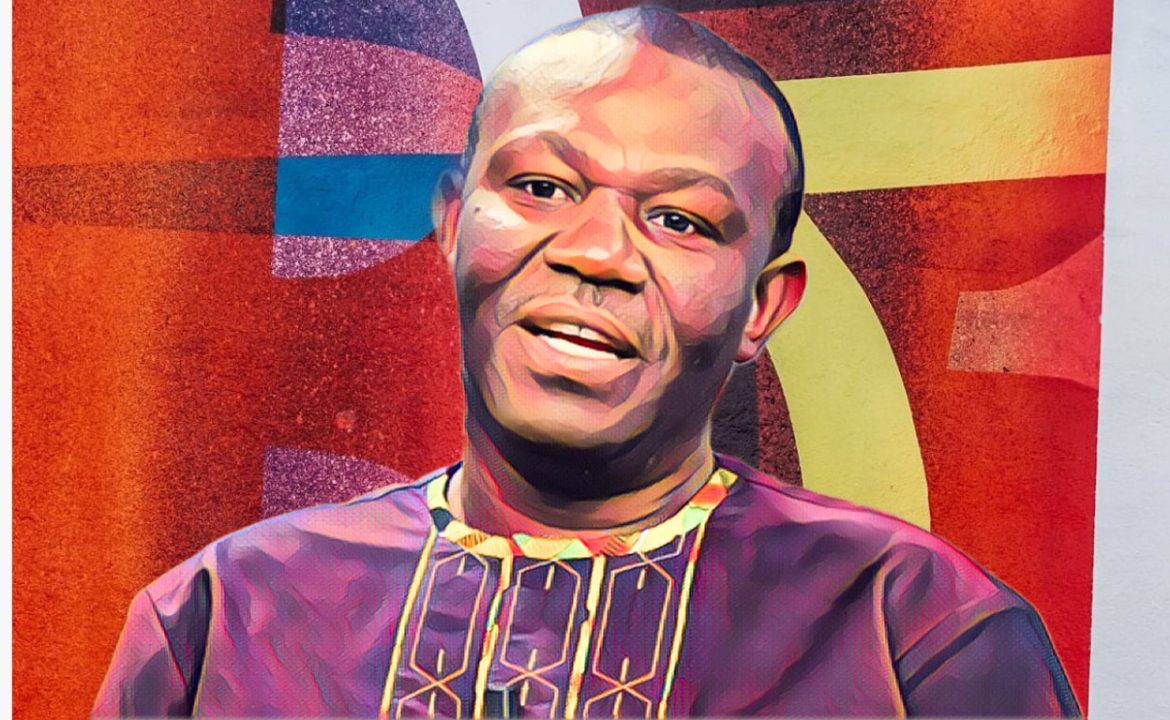KEY POINTS
- Consumers cannot fully shoulder the 225 percent tariff increase.
- ECG may need government support to recover operational costs.
- Debate continues over electricity as a social versus private good.
Emmanuel Bedzrah, chairman of Ghana’s Parliament Energy Committee, has called on the government to intervene in the financial struggles of the Electricity Company of Ghana (ECG), warning that relying solely on consumers to fund the utility is unsustainable. Speaking on Joy News’ PM Express on September 9, Bedzrah highlighted the challenges faced by ordinary Ghanaians in absorbing a proposed 225 percent hike in the Distribution Service Charge.
Government must support ECG
“Do we have the purchasing power for consumers to pay for it? The conversation should also move to whether we want these utilities to be treated as a social good or private good,” Bedzrah said, framing the debate over the role of government in supporting essential services.
According to MyJoyOnline, Bedzrah explained that treating ECG as a private good allows the company to pass costs directly to customers, whereas classifying it as a social good obliges government intervention to ensure cost recovery. Bedzrah stressed that many of ECG’s debts should not be passed on to consumers and that a careful balance must be struck between affordability and financial viability.
Consumers alone cannot sustain costs
Pressed on whether the government should directly absorb part of the costs, he said, “And if yes, government should absorb some of the cost. And if government is going to absorb some of the cost, then we should also look at the mismanagement of ECG as well.”
The remarks come as ECG defends the proposed tariff increase, arguing that it is necessary to prevent operational collapse and maintain a reliable power supply. The broader conversation mirrors debates across Africa about whether electricity and water should function as commercial services or social goods supported by government funding, reflecting the tension between economic sustainability and public welfare.




